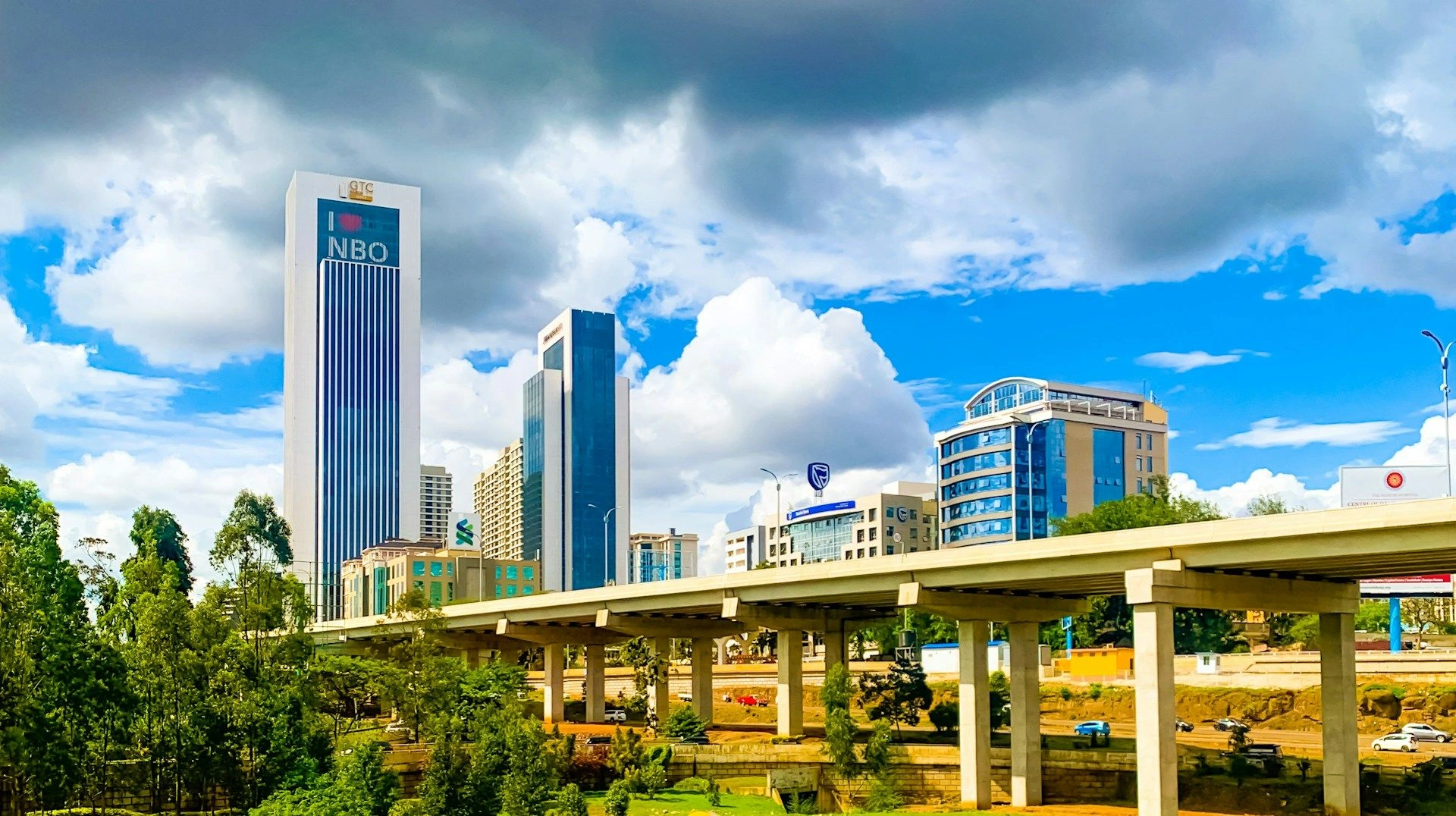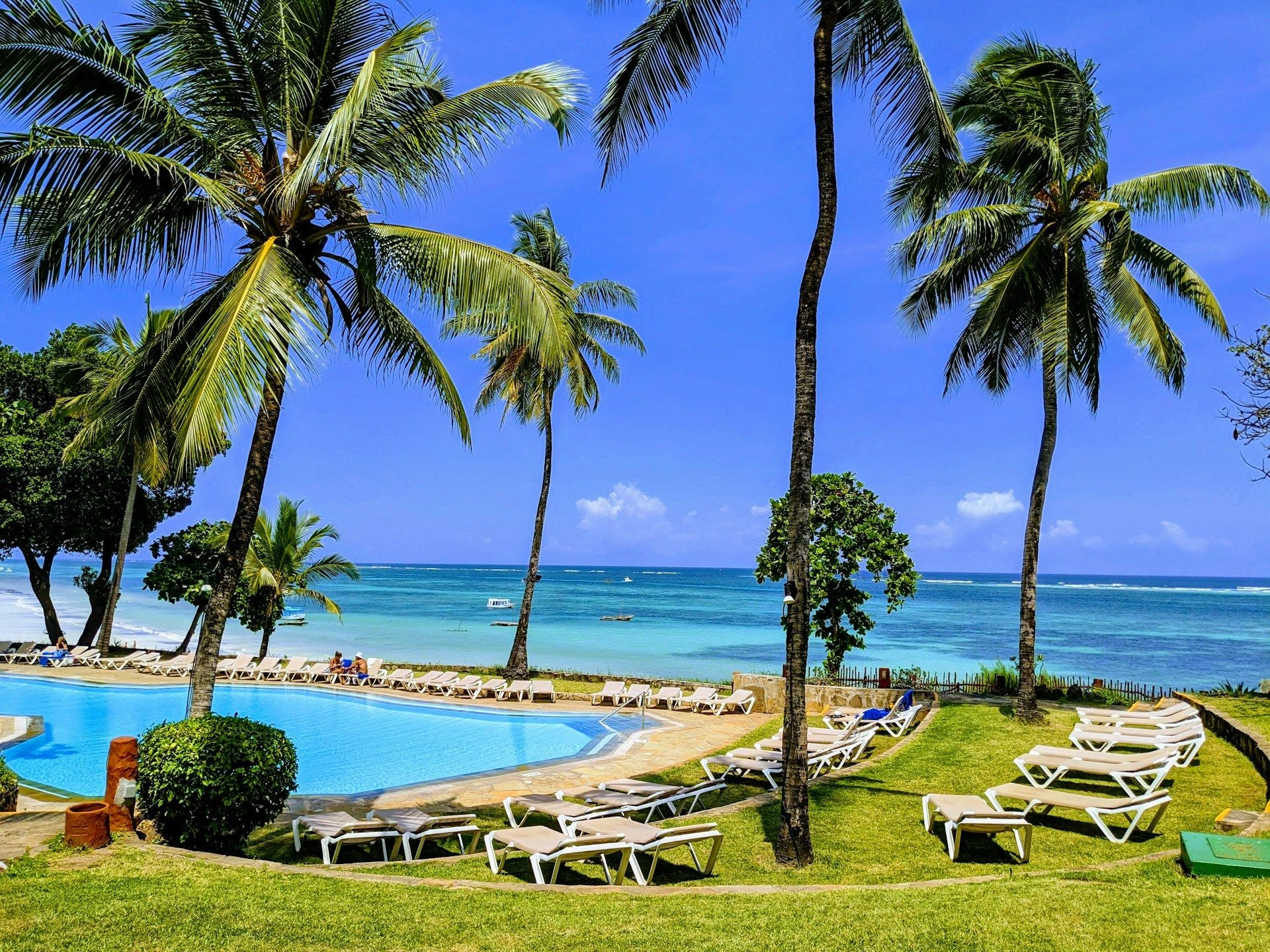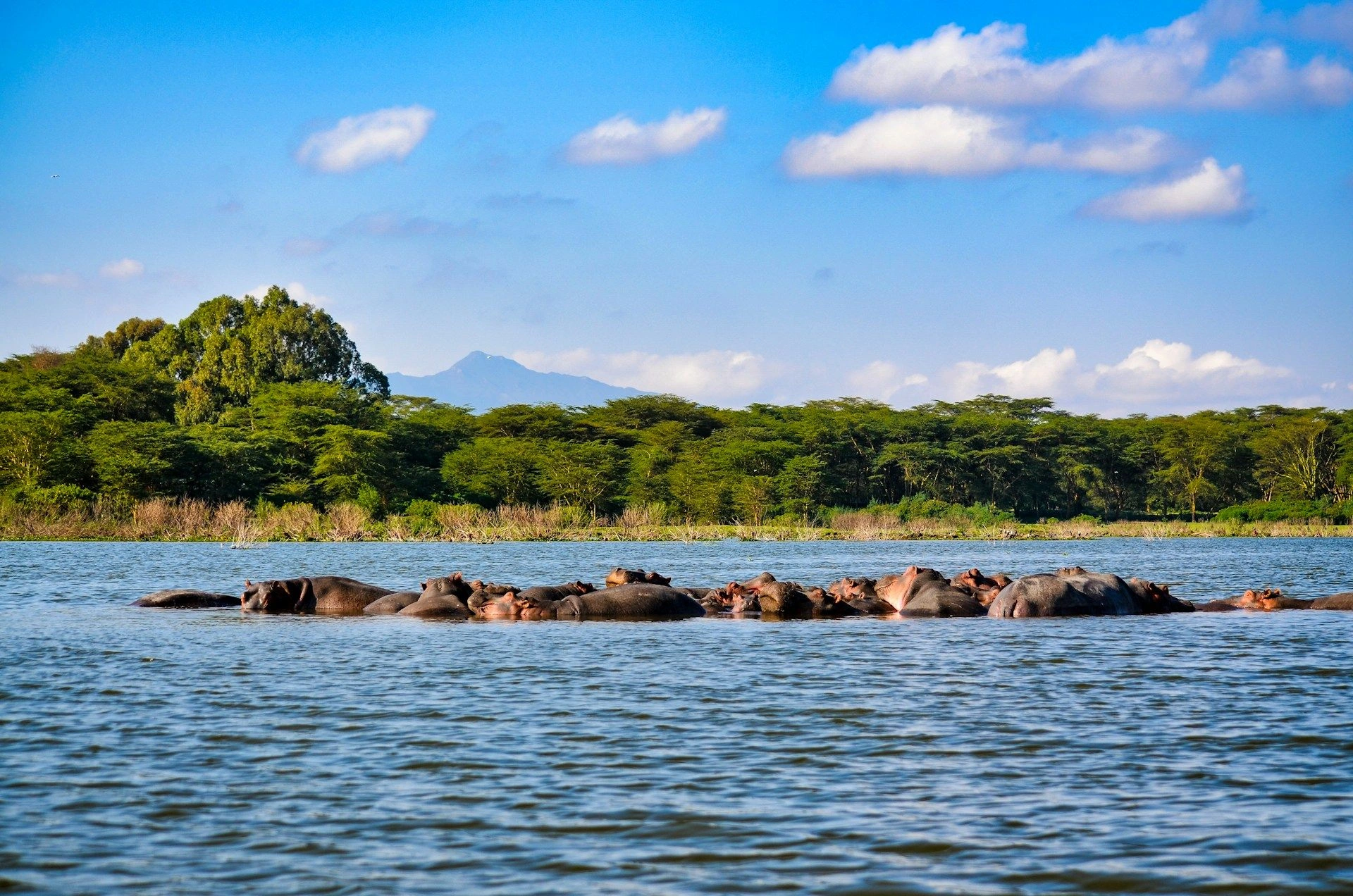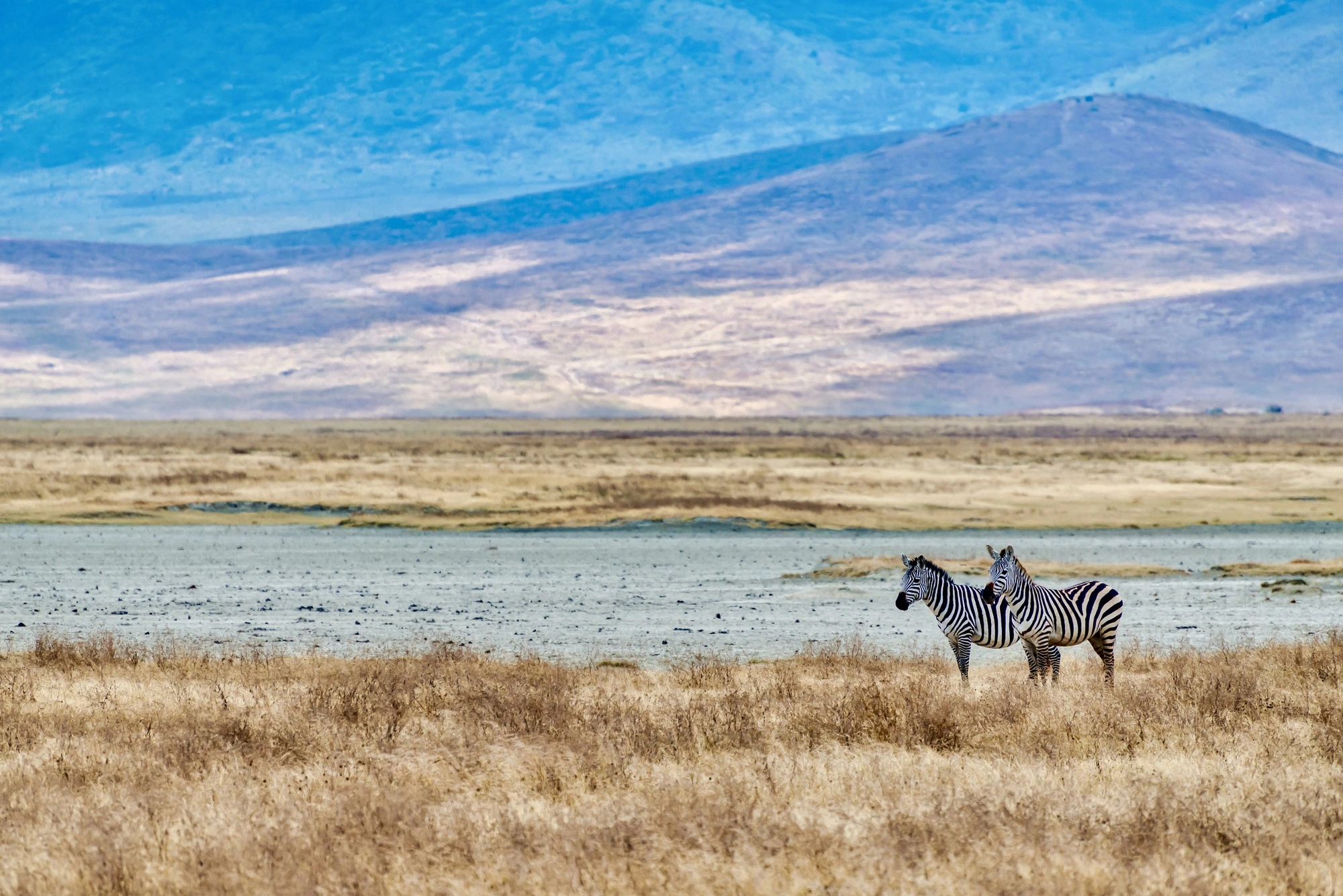Список инвестиционной недвижимости в КенииГорода между саваннойбашнями и торговыми путями

Лучшие предложения
в Кения
Популярные
города и регионы в Кения
Преимущества инвестиций в
недвижимость Кении

Руководство для инвесторов в недвижимость
в Кении
читайте здесь
Найроби — инвестиционный хаб Восточной Африки
Столицей Кении является лидер региона в деле бизнеса, инфраструктуры и развития городской недвижимости.
Высокие арендные доходы в закрытых сообществах
Экспаты и состоятельные местные жители предпочитают безопасные, хорошо управляемые жилые районы.
Простое владение для иностранных покупателей
Иностранцы могут арендовать землю и владеть недвижимостью через четкие и законно определенные каналы.
Найроби — инвестиционный хаб Восточной Африки
Столицей Кении является лидер региона в деле бизнеса, инфраструктуры и развития городской недвижимости.
Высокие арендные доходы в закрытых сообществах
Экспаты и состоятельные местные жители предпочитают безопасные, хорошо управляемые жилые районы.
Простое владение для иностранных покупателей
Иностранцы могут арендовать землю и владеть недвижимостью через четкие и законно определенные каналы.
Основные характеристики недвижимости
в Кения, от наших специалистов
Найдено: 0

Полезные статьи
и рекомендации от экспертов
Real Estate in Kenya: Dynamic Growth in East Africa’s Economic Hub
Why Invest in Property in Kenya
Kenya, the largest economy in East Africa, presents an appealing real estate market fueled by a growing middle class, urbanization, a youthful population, and strong infrastructural development. Nairobi, the capital, is a regional hub for business and international organizations, while coastal cities like Mombasa attract tourism and resort investment. Investors are drawn by relatively affordable property prices, high rental yields, and a legal system rooted in British common law, which supports property rights and foreign investment.
Types of Property and Permitted Uses
Kenya offers a variety of property types catering to residential, commercial, and leisure investment:
- Residential Apartments: Common in Nairobi and other urban centers, including studio, 1- to 3-bedroom units for middle-income and upper-middle-class tenants.
- Detached Homes and Villas: Gated communities and standalone houses are popular in suburbs such as Karen, Runda, and Muthaiga.
- Commercial Real Estate: Office blocks, retail outlets, industrial parks, and warehousing in Nairobi, Mombasa, Kisumu, and other key towns.
- Tourism Properties: Beachfront resorts, eco-lodges, and vacation villas along the Indian Ocean coast (Diani, Malindi, Watamu).
- Agricultural Land: For horticulture, floriculture, or speculative development; requires special compliance for foreign investors.
Usage is governed by zoning laws defined by county governments, including restrictions on agricultural vs. urban development and permitted building densities.
Ownership Rules and Legal Framework for Foreigners
Foreign investors can own property in Kenya, but with restrictions:
- Leasehold Tenure: Foreigners can only own property on a leasehold basis (up to 99 years), not freehold.
- No Freehold Land for Non-Citizens: Kenya’s constitution prohibits foreigners from owning freehold land. Most urban land is leasehold anyway.
- Title Registration: All ownership must be registered under the Ministry of Lands through the Land Registration Act (2012).
- Companies: Foreigners can invest through companies, but land held by entities with over 49% foreign shareholding must be on leasehold terms.
Due diligence is crucial. Investors should engage qualified lawyers and land surveyors to ensure clean titles, correct boundaries, and compliance with planning regulations.
Property Prices and Market Trends
Kenya’s real estate market is diverse and price-sensitive, with Nairobi commanding the highest urban prices, followed by coastal and satellite towns:
| City/Area | Property Type | Average Price (USD per m²) |
|---|---|---|
| Nairobi (Westlands, Kilimani) | Apartment | $1,200 – $2,000 |
| Nairobi (suburbs) | Villa/House | $800 – $1,500 |
| Mombasa (Nyali, Diani) | Beachfront property | $1,000 – $1,800 |
| Naivasha / Nanyuki | Land/House | $300 – $800 |
| Thika / Machakos | Land (per m²) | $20 – $50 |
Land speculation is common around Nairobi’s expressways and emerging satellite cities. The Konza Technopolis project ("Silicon Savannah") has spurred demand in surrounding counties.
Transaction Costs and Taxes
Kenya’s property transaction process includes several fees and taxes that buyers and sellers must be aware of:
- Stamp Duty: 4% in urban areas, 2% in rural areas (paid by the buyer).
- Legal Fees: Typically 1%–2% of the property value (negotiable).
- Valuation Fee: 0.25% – 0.5% of the market value (used to calculate stamp duty).
- Registration Fee: Fixed fee (~$50–$100) depending on the registrar’s office.
- Capital Gains Tax: 15% on net gain, applicable on all property disposals unless exempt.
- Rental Income Tax: 10% monthly withholding for residential property landlords (gross turnover below $15,000 annually) or 30% on net profits for larger income.
Tax compliance is enforced by the Kenya Revenue Authority (KRA), and proper documentation is essential during transfers and ongoing ownership.
Rental Yields and Market Demand
Kenya’s rental market offers solid returns in both residential and commercial segments:
- Nairobi Apartments: 6%–8% gross annual yield, particularly in areas like Kileleshwa, Kilimani, and Lavington.
- Serviced Apartments: 8%–12% yield with occupancy from expats, consultants, and diplomats.
- Coastal Vacation Homes: 7%–10% seasonal yield in areas like Diani, Malindi, and Watamu.
- Retail Shops: 10%–15% yield depending on location, demand, and traffic.
Demand is driven by a rising urban population, growth of Nairobi as an international business hub, and development of industrial parks like Tatu City and the Nairobi Railway City.
Investment Scenarios
- Buy-to-Let Apartment in Nairobi: Purchase a $100,000 2-bedroom apartment in Kilimani and lease for $600–$900/month.
- Vacation Villa in Diani: Acquire a $180,000 beachfront property and rent on Airbnb, earning up to $15,000/year in high season.
- Commercial Retail in Westlands: Buy a $300,000 shopfront and lease to a local business or franchise, yielding 12%.
- Land Banking in Machakos: Purchase an acre of land near a planned bypass for $20,000 and hold for appreciation.
Top Locations for Real Estate Investment
- Nairobi: Business capital with high-end residential areas, office space demand, and rising infrastructure.
- Mombasa: Coastal tourism hub with port access, resorts, and vacation property opportunities.
- Naivasha: Lakeside town popular with local tourists and developers of holiday homes.
- Nanyuki: Known for safaris and expat residences, attractive for eco-retreat investments.
- Kisumu: Western Kenya's commercial capital with growing demand for mid-range housing and logistics space.
Infrastructure and Living Conditions
Kenya continues to modernize its infrastructure, with real estate closely tied to transportation, internet, and utility access:
- Transport: Expressways, the Standard Gauge Railway (SGR), airports, and regional highways connect major cities.
- Energy: Expanding national grid, solar installations common for remote properties.
- Internet: Fast 4G and fiber-optic networks available in urban zones and gated estates.
- Security: Private guards and electric fences standard in urban housing; gated communities common.
- Healthcare & Education: Quality private hospitals and international schools in Nairobi and Mombasa.
The government continues to support the “Big Four Agenda,” including affordable housing, which adds momentum to construction and planning initiatives.
Legal Considerations and Buying Process
- Title Verification: Conduct a search at the Ministry of Lands to verify ownership and encumbrances.
- Letter of Offer: Initiates the transaction with payment of a deposit (often 10%).
- Sale Agreement: Drafted by lawyers and registered upon mutual agreement.
- Completion: Buyer pays the balance, and property is transferred upon registration.
- Land Control Board Consent: Required for agricultural land sales, even for leasehold titles.
Foreign buyers are advised to use registered lawyers and real estate agents to navigate due diligence and local formalities.
Conclusion: A Frontier Market with Urban and Coastal Potential
Kenya’s real estate sector offers compelling returns for investors seeking both capital appreciation and rental income. The combination of rising middle-class demand, tourism growth, and infrastructure expansion creates fertile ground for residential, commercial, and vacation-focused investments. While there are legal and tax nuances—particularly around land ownership—Kenya remains one of East Africa’s most promising real estate markets, with Nairobi, Mombasa, and regional towns offering clear entry points for growth-oriented investors.



